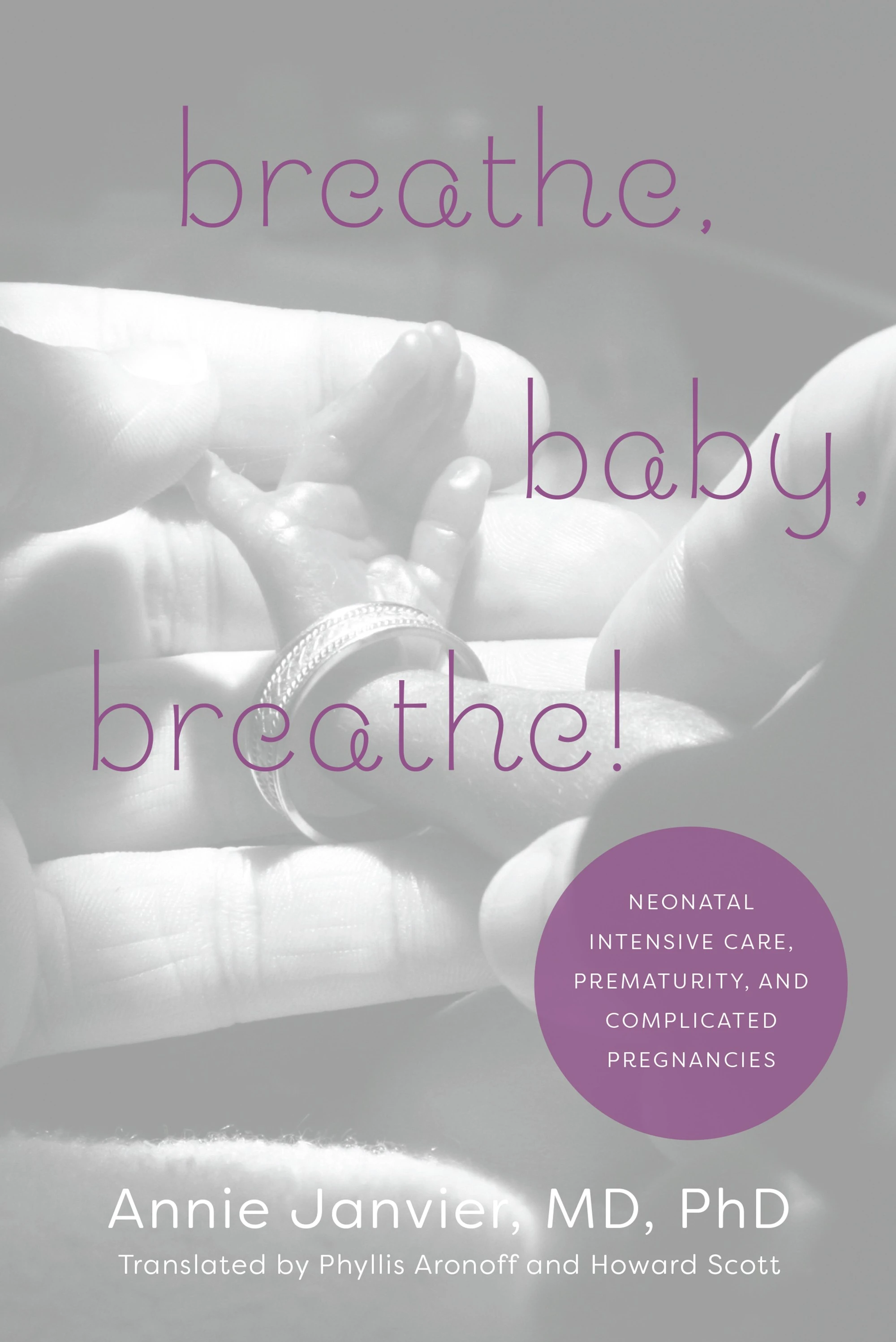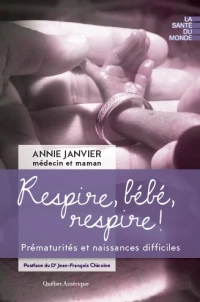The BMJ has just published an ‘Observations’ piece, with the tag line ‘The Washington Brief’ which would make you think that it is a news item. It is, in contrast, a very biased recounting of some of the controversy raised over the SUPPORT trial consent procedures. The consent process is described by the author, Sidney Wolfe of Public Citizen, as ‘the lack of informed consent’; a description of the actual procedures that is so prejudicial that I am surprised the BMJ published it. It is noted at the bottom of the article that is was not peer reviewed, so I guess he just got away with saying anything that he wanted.
I have submitted a rapid response which is now on their web site. If there are more published mine will move down the page, but it will remain as the second to last response in the list.
I reproduce the text below:
This ‘Observations’ article by Sidney Wolfe presents a startlingly distorted interpretation of the SUPPORT trial. He starts by making the unwarranted assumption that there was a ‘lack of informed consent’ concerning risks in the SUPPORT trial. He continues to state that this ‘lack of informed consent’ has been staunchly defended’. This is entirely untrue, as Dr Wolfe is already aware.
Prior to enrollment in the SUPPORT trial there was a complete disclosure of the nature of the trial, and the fact that the two saturation ranges being compared were both within the normal standards of care, parents were informed of the masked nature of the intervention, and the fact that the purpose of the trial was to investigate the potential differences in outcomes between the two O2 target ranges. The peer reviewed consent forms were all approved by Ethics review panels set up and operating according to the standards of the OHRP and were signed by parents prior to starting the randomized intervention. How can he possibly characterize this as a ‘lack of informed consent’?
In this article Dr Wolfe notes that the parents were informed that the study was performed to see if there was a difference in outcomes between the two groups, but then claims that parents were not informed that there might be a difference. His claim is nonsensical.
Dr Wolfe is also entirely misinformed about the realities of modern neonatal intensive care. He again makes the claim that normal practice is an ‘individualized standard of care’ that the babies would have received outside of the trial. In reality, normal practice, then as now, is for an NICU to choose a protocolized range of saturations which are used for all very preterm babies in that unit. It is very unusual for an individual preterm baby to need an adjustment of those saturation limits, which prior to CONSENT could range as low as 80% and as high as 100%. More traditional NICUs were still using saturations in the higher range (more ‘conventional’) and many others had already changed to using lower saturations. Dr Wolfe’s misinterprets the term ‘conventional’ as meaning that the lower saturations were somehow outrageously new.
The conclusion that babies in the lower saturation group were therefore being exposed to undisclosed risks is unwarranted. Every analysis of the mortality within the SUPPORT trial, and within neonatal clinical trials in general shows a lower mortality for infants enrolled in trials.
Dr Wolfe mischaracterizes the masking procedure as the use of ‘miscalibrated’ pulse oximeters. Masking is a usual procedure in clinical trials. In this case the masking procedure required the oximeters to read 3% higher or lower (within the target range being investigated) in order to mask the intervention. Dr Wolfe is suggesting that all masked research is unethical because it might have an impact on other interventions required by a patient. If it had been true, in any of the patients, that it was essential to know the true saturation, without the 3% offset, then it was simple to do. Just replacing the study oximeter with another non-study oximeter.
Dr Wolfe ends his distorted article by maligning Dr Modi, suggesting that ‘’The underlying principle behind these arguments opposing fully informed consent in experiments is that it is necessary, via inadequately informed consent, to blur the line between research and standard of care to facilitate more consent and participation.’’ Changing the paradigm from allowing haphazard variations in care to supporting randomized variations in care is not to blur the lines, but to clarify them.
Dr Wolfe seems to suggest that he knows what ‘standard of care’ in the care of the extreme preterm is, and that the hundreds of neonatologists who participated in the design of the trials, writing of the consent forms, and discussion with parents were all malicious ‘experimenters’ more interested in an interesting study than they were in the care of the babies. The reality is exactly the opposite. All babies in these studies WERE treated according to ‘standard of care’, they received identical interventions to other babies in the same NICUs during the same periods. In my own NICU during the COT trial, babies within the study had either saturation goals of 85 to 89, or 91 to 95%. Very preterm babies not in the study had saturation goals of 85 to 94%. Therefore, babies in SUPPORT and the other oxygen trials were not exposed to increased risks. The results of the study have refined our knowledge of the risks of minor variations in oxygen saturation targets; by replacing the haphazard variations in practice with a masked, randomized comparison we have made a great advance in care of the very preterm infant.








